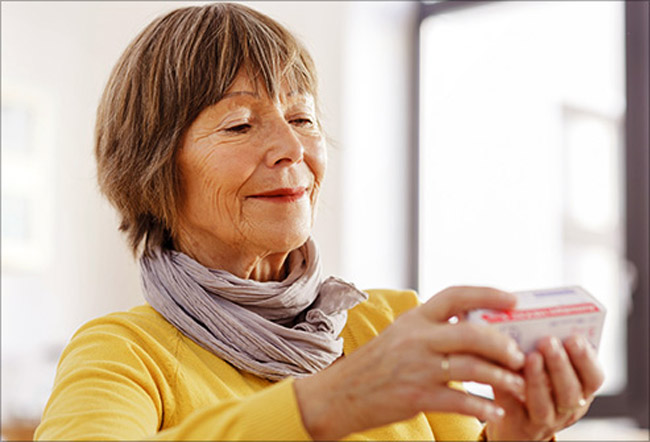
A new study in the current issue of Biological Psychiatry suggests that women are particularly susceptible to the pain-relieving placebo effect of vasopressin.
Placebos are used to help accurately measure clinical responses/outcomes when studying the effects of medications, therapies, and other treatments. The well-known “placebo effect” is a phenomenon whereby a patient’s condition improves or a patient experiences side effects despite having received a “fake” treatment.
Social behaviors are regulated, in part, by two hormones in the body — oxytocin and vasopressin. Oxytocin has been studied in relation to the placebo effect, but vasopressin had not, until now.
Dr. Luana Colloca, Associate Professor at University of Maryland, along with colleagues at the National Institute of Mental Health and Weill Cornell Medical College, recruited 109 healthy participants to study the placebo effects of vasopressin.
Increasing intensities of electrical stimuli were delivered to each participant’s hand until they reached a painful but tolerable level of shocks. Participants were then randomized to receive one of four placebo-based treatments: vasopressin, oxytocin, saline, or no treatment. The stimulus test was then modified in order to test their response to the “treatment” forty minutes after it was administered. The participants were blinded to which treatment they received, but were led to believe that it would eliminate or lessen the pain of the shocks.
“We demonstrated that a single intranasal administration of vasopressin impacts the magnitude of placebo effects,” explained Colloca. “Vasopressin increases placebo analgesic effects in women but not in men. Those women with lower acute stress and lower dispositional anxiety benefit most from the administration of the vasopressin agonist.”
“The results of this study raise interesting questions about how this hormone differentially affects the biology of the placebo response in men and women,” commented Dr. John Krystal, Editor of Biological Psychiatry.
Colloca added, “These findings add a new mechanism to the neurobiology of placebo effects and open up new research directions for understanding the vasopressin system and its implications for pain and stress-related responses..”